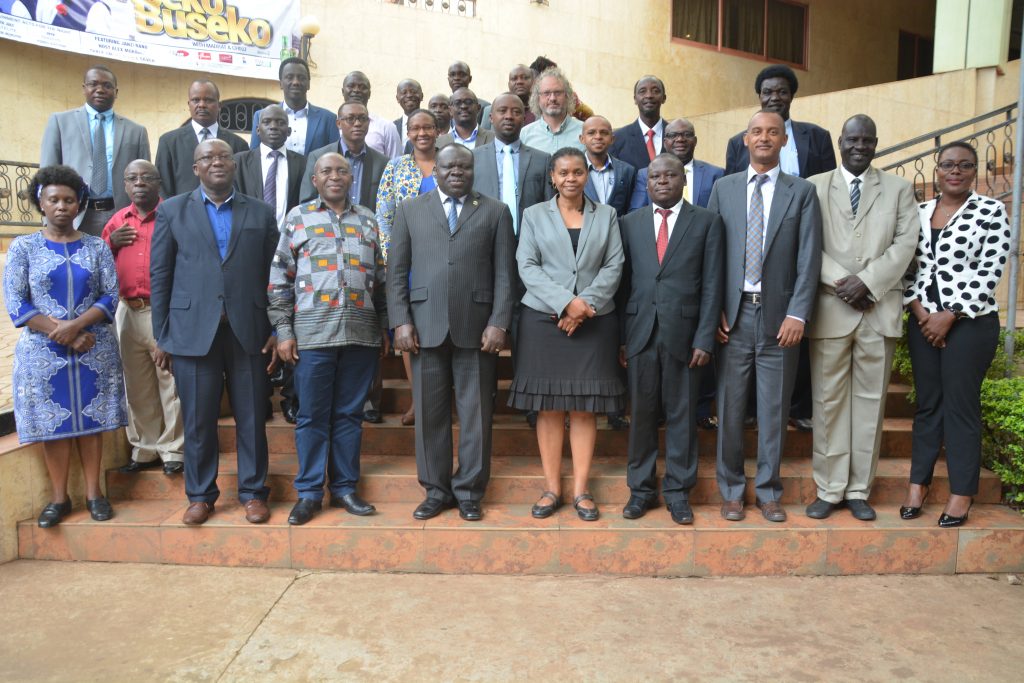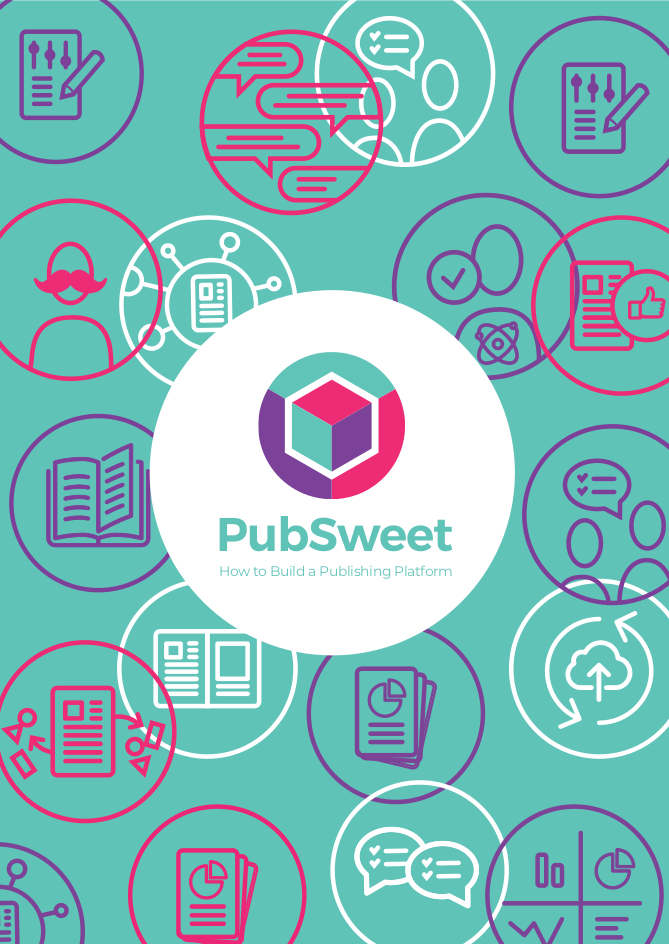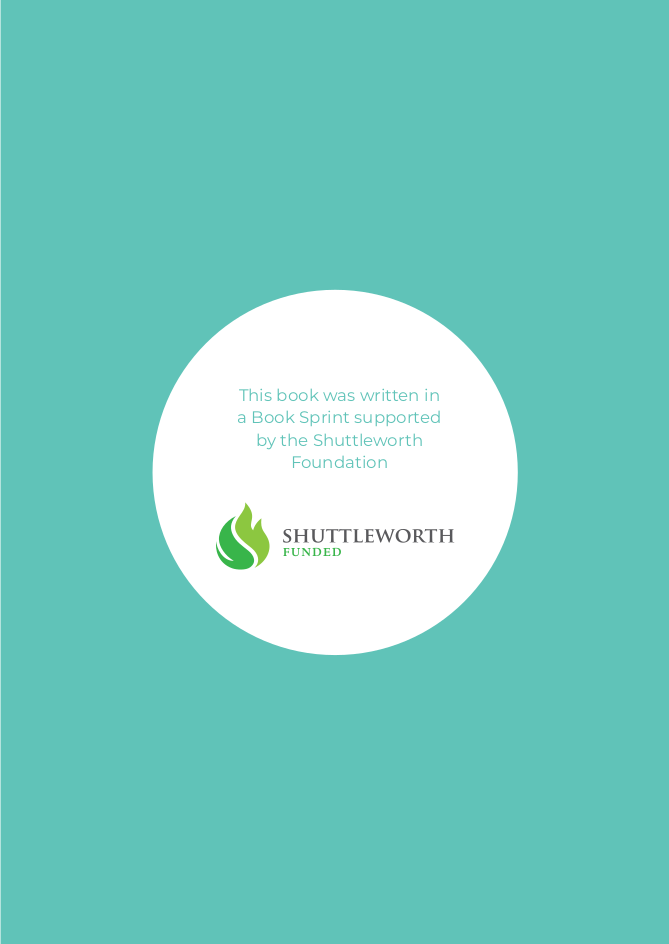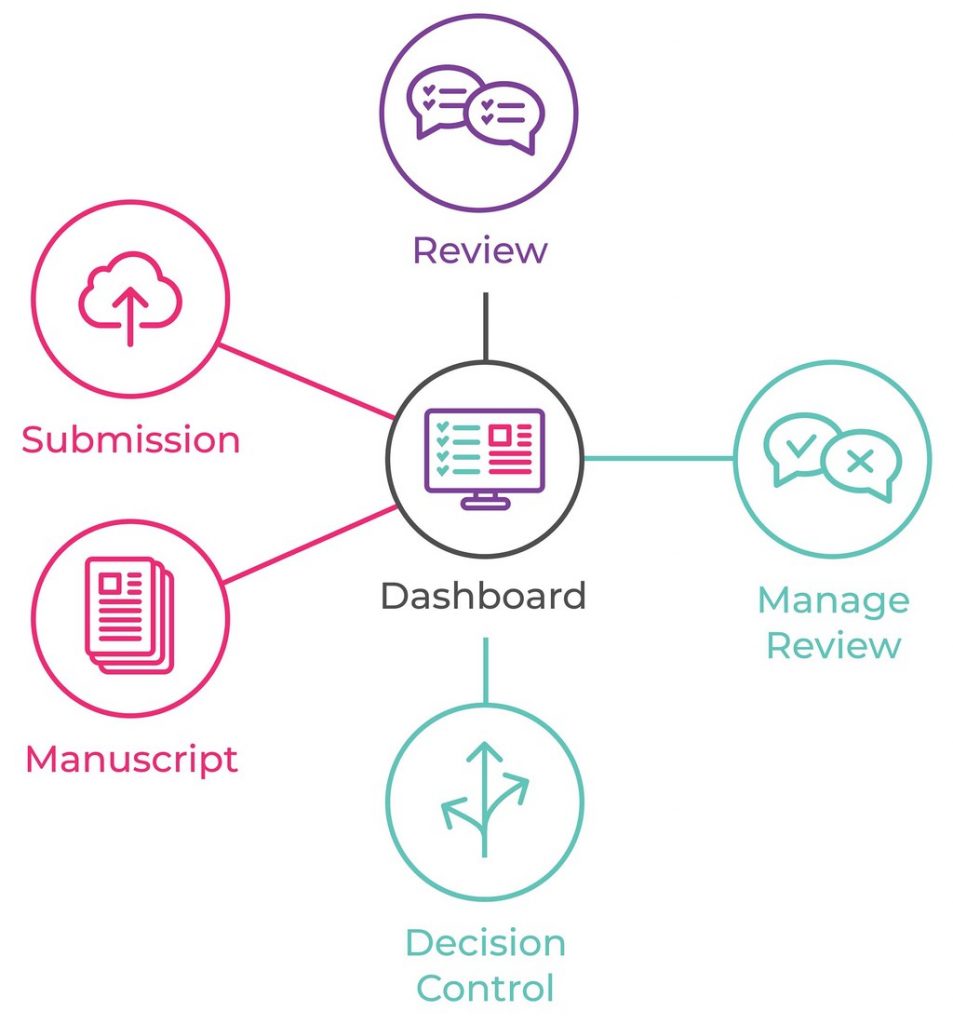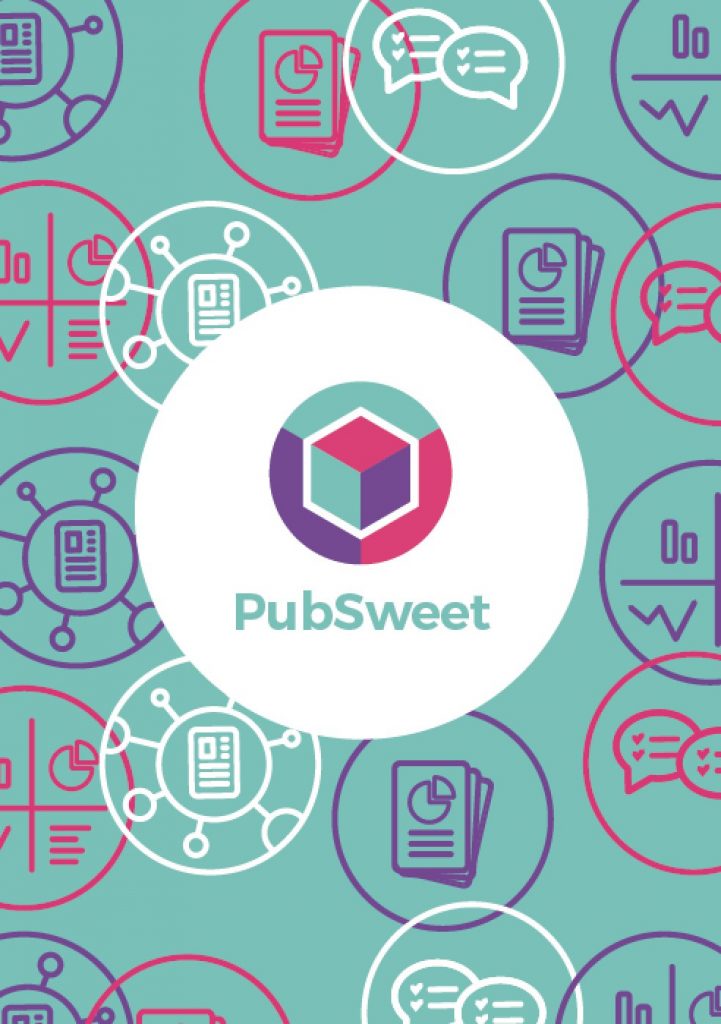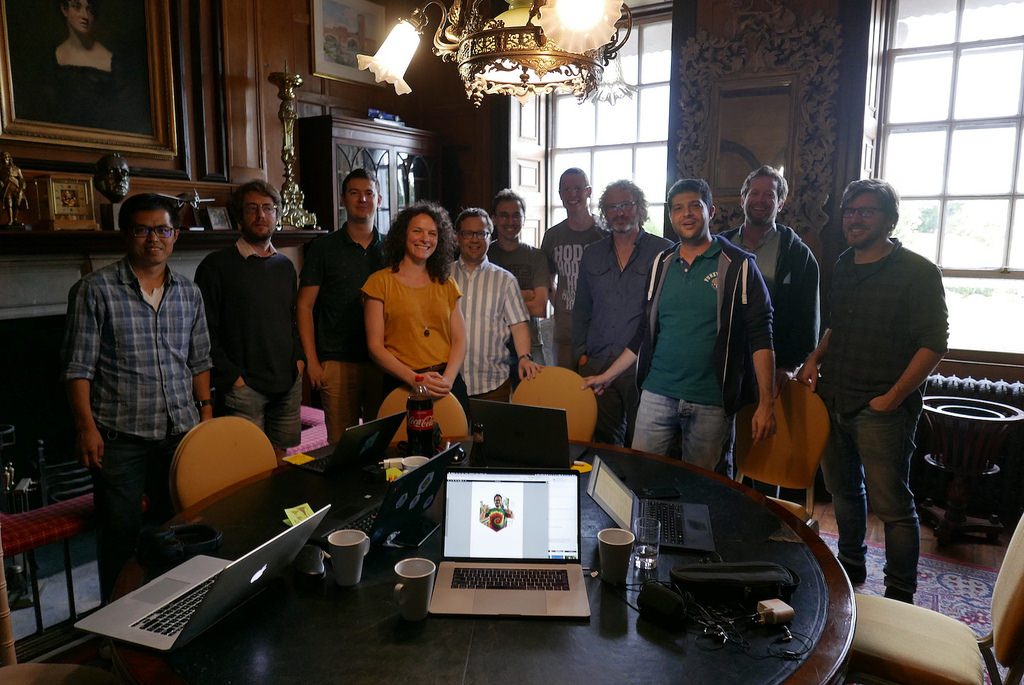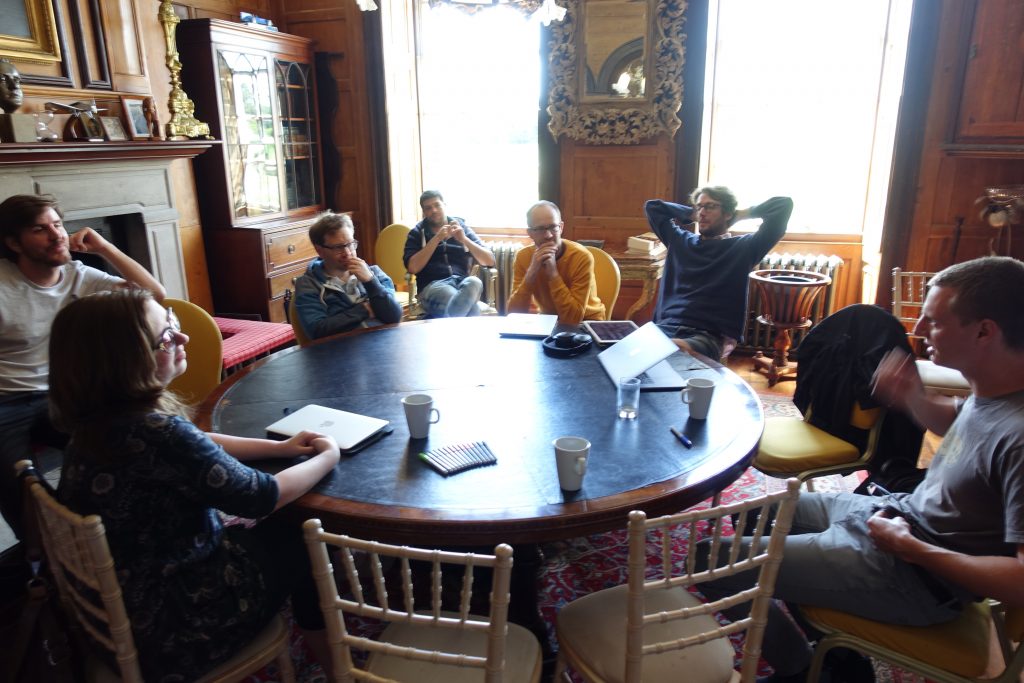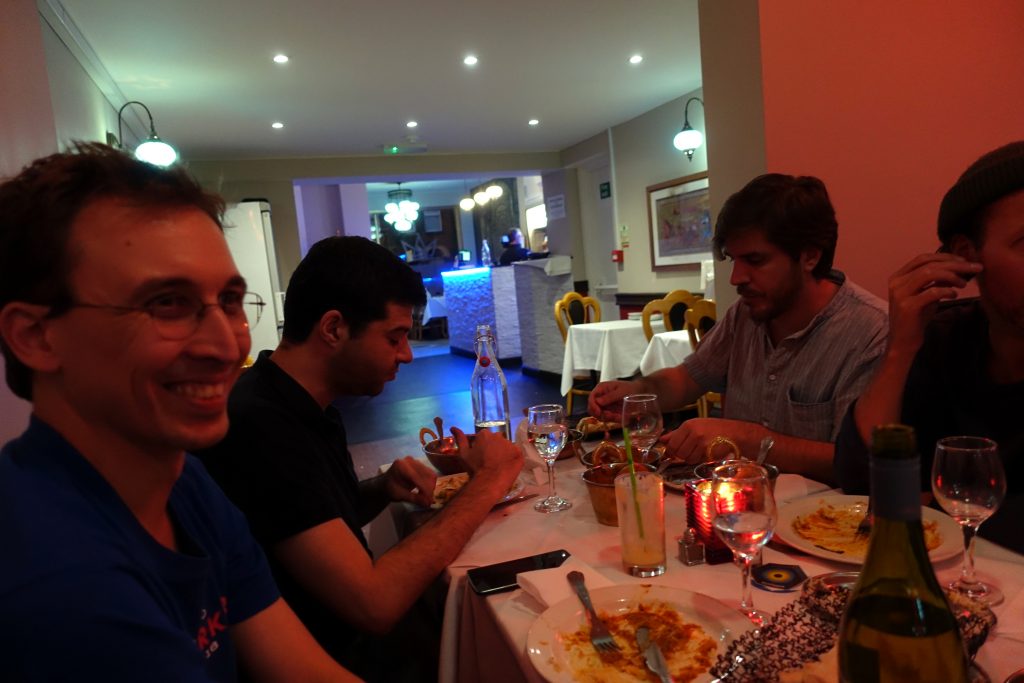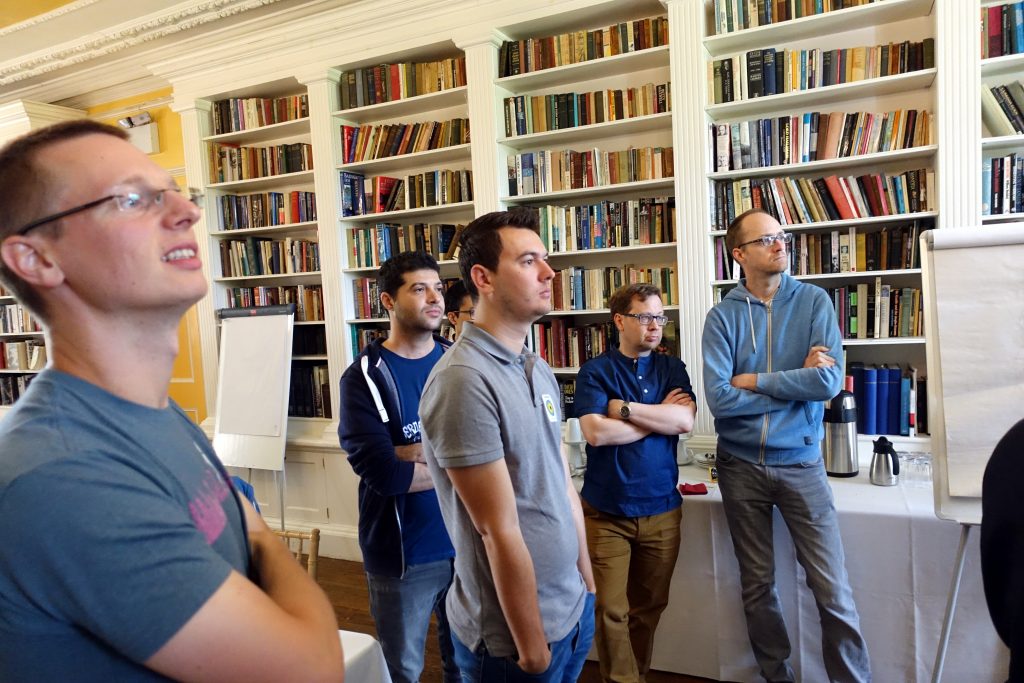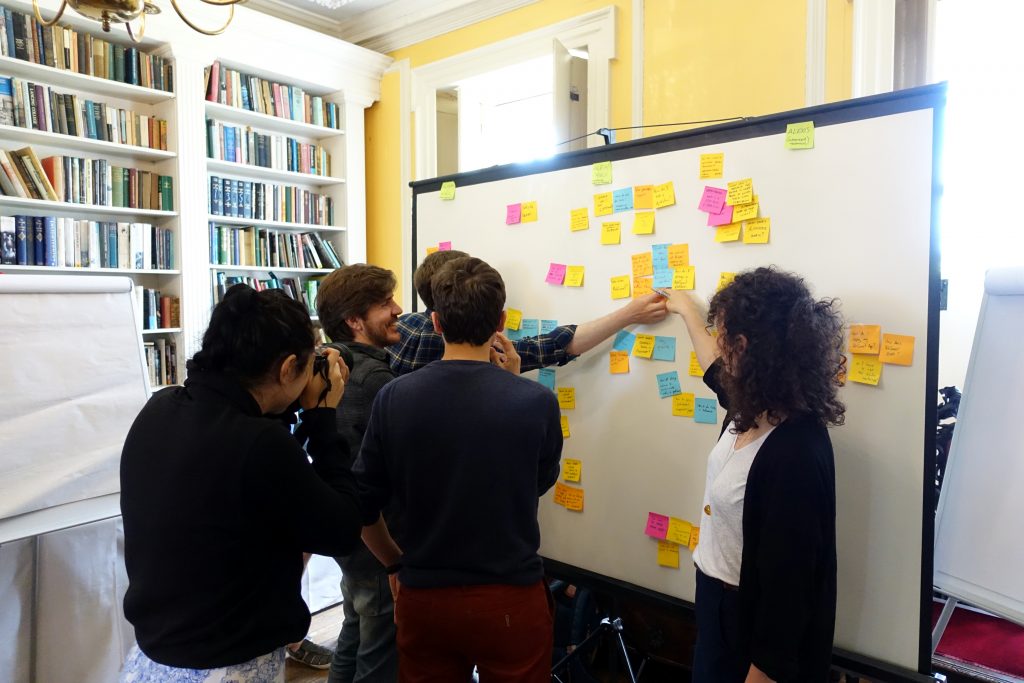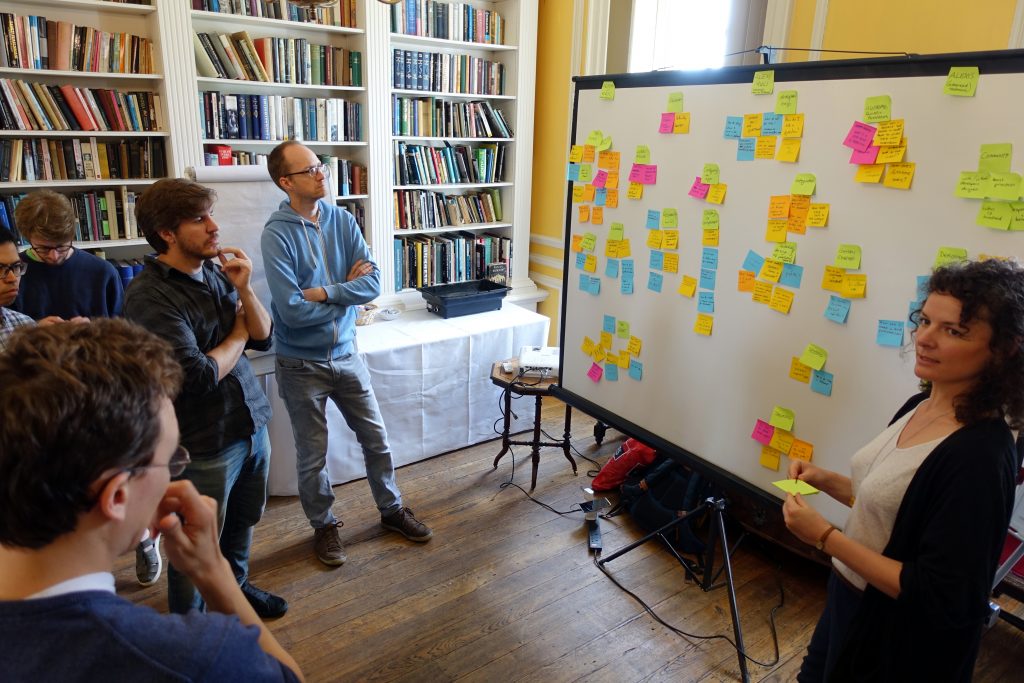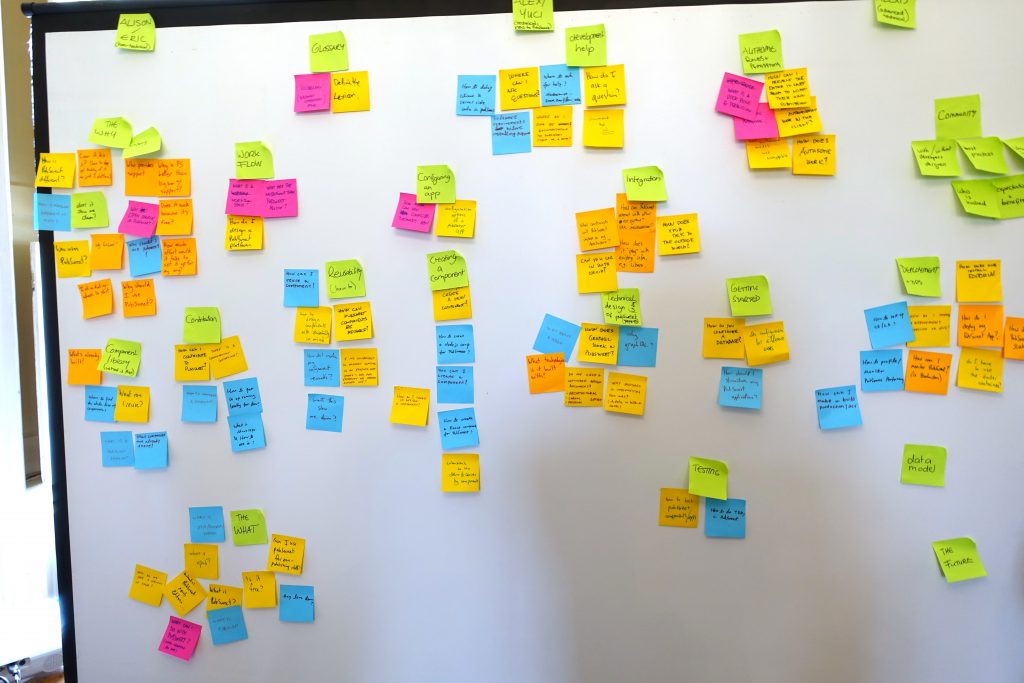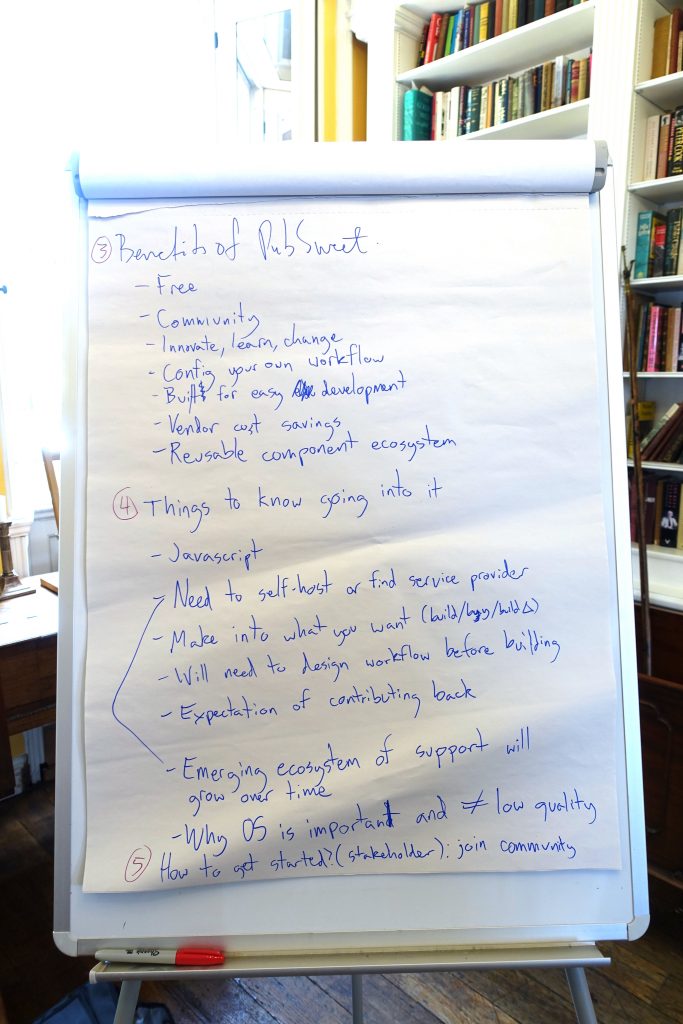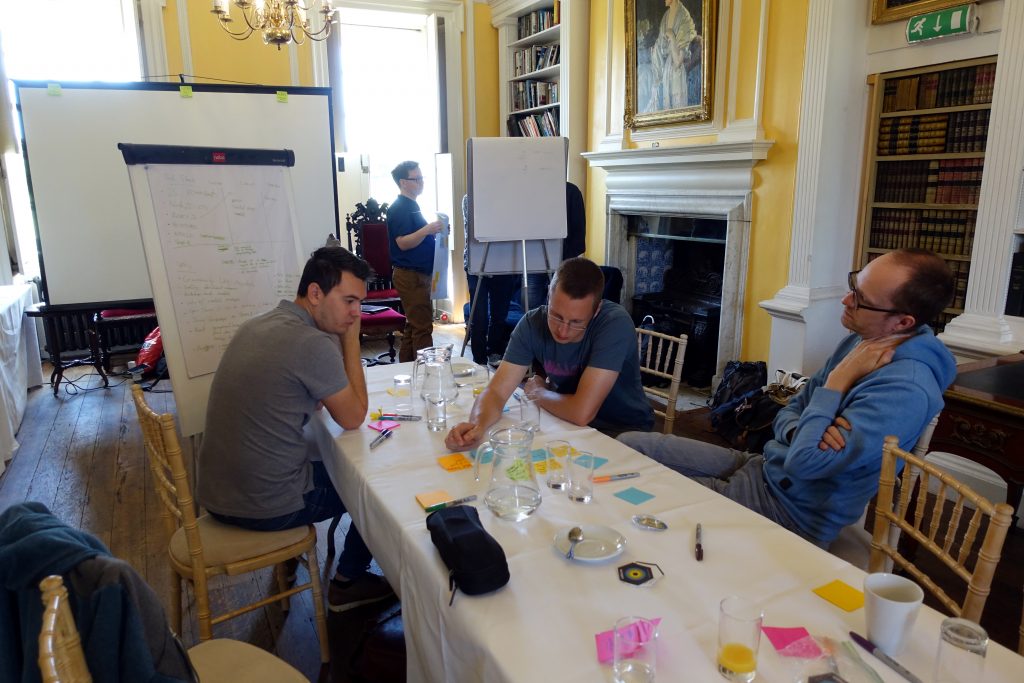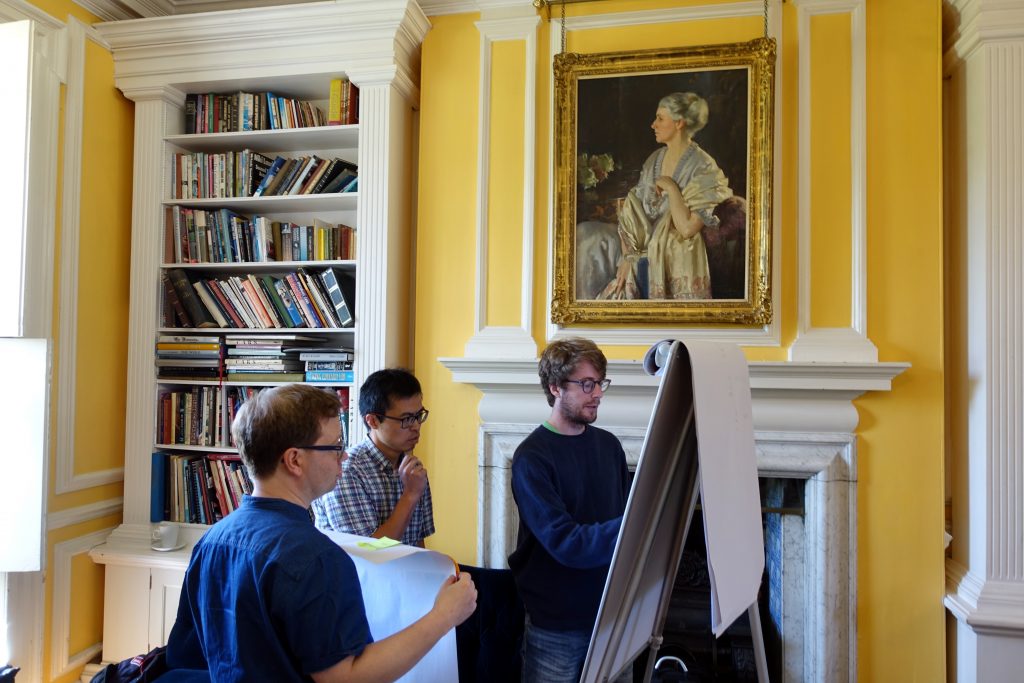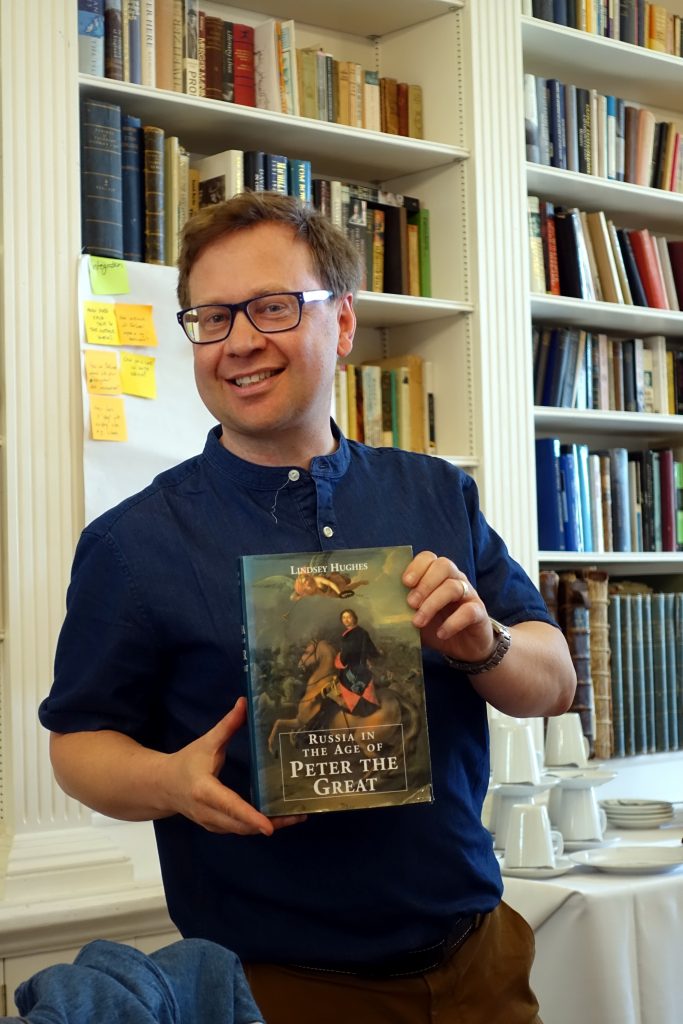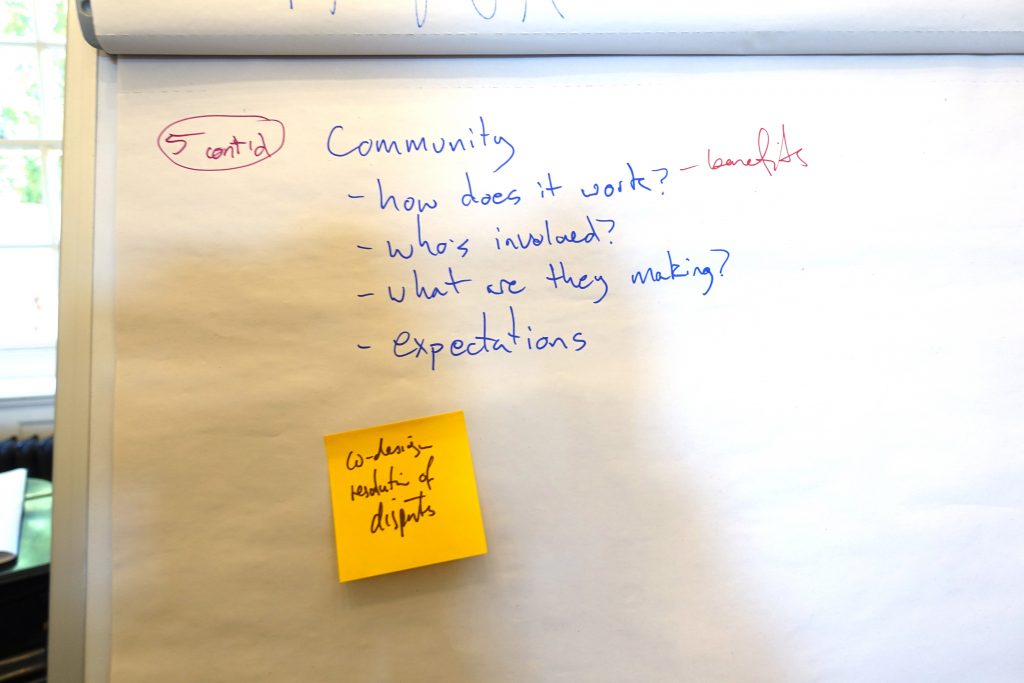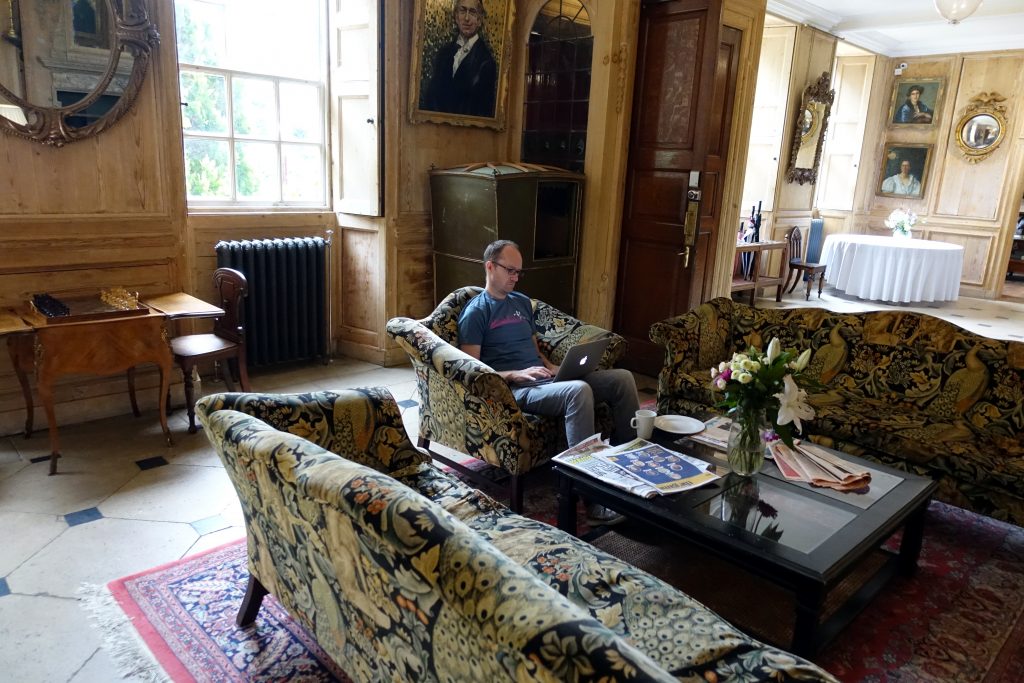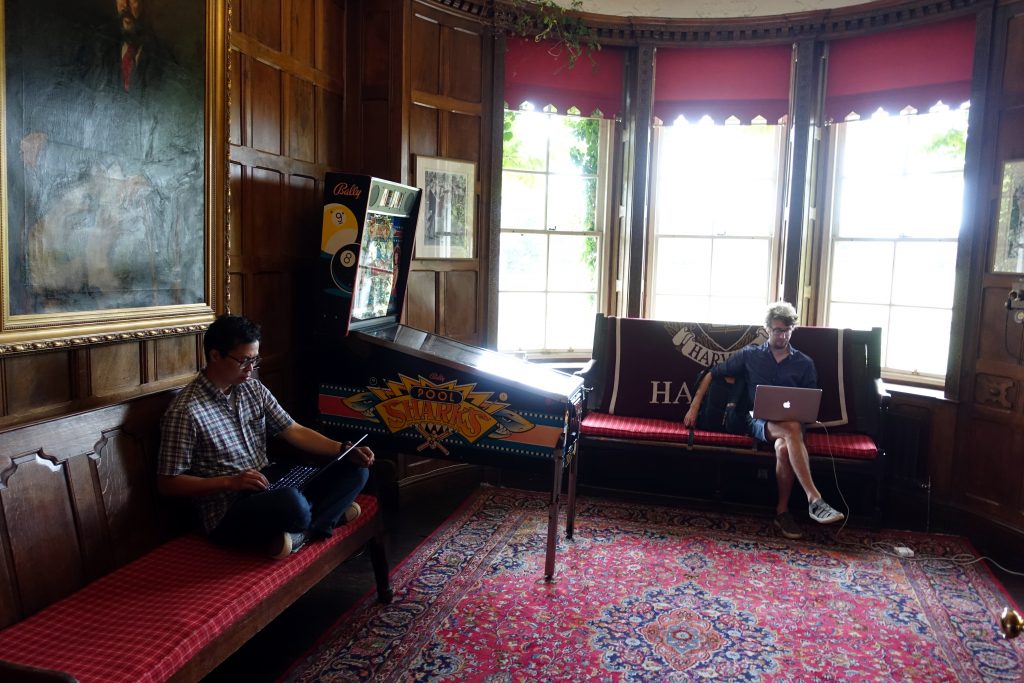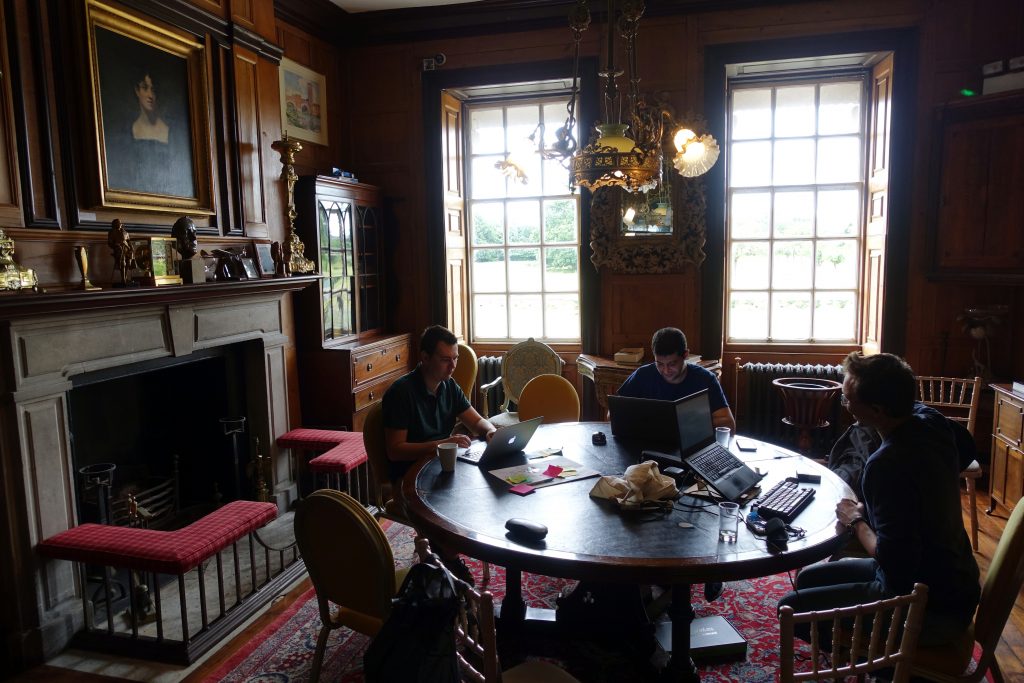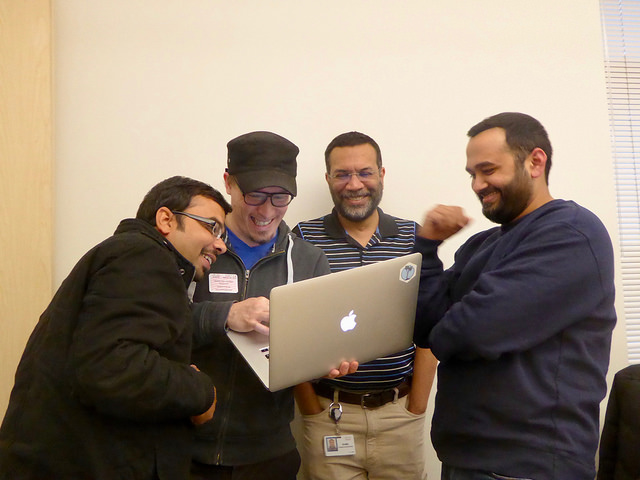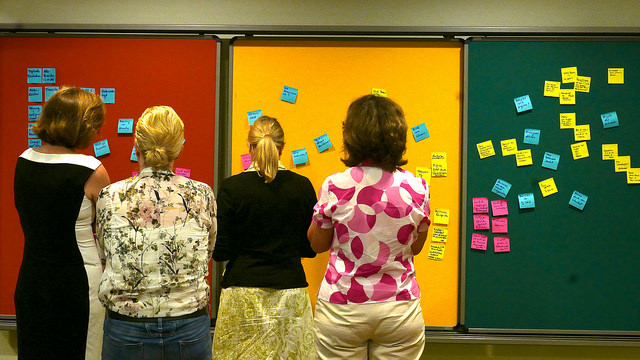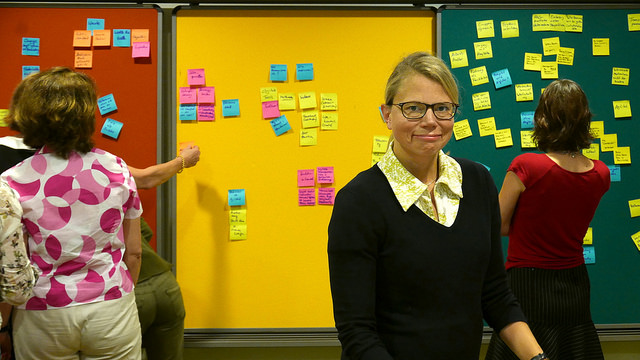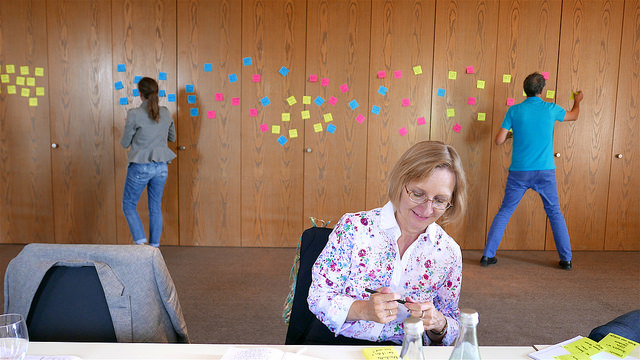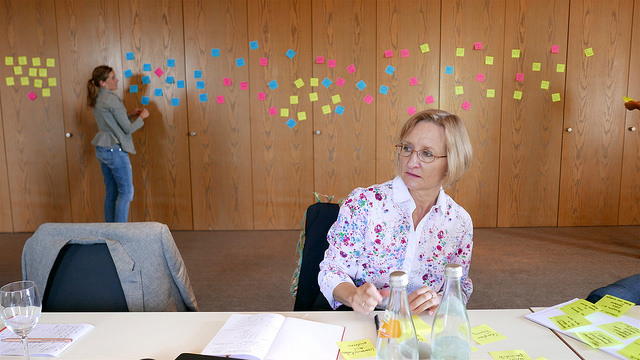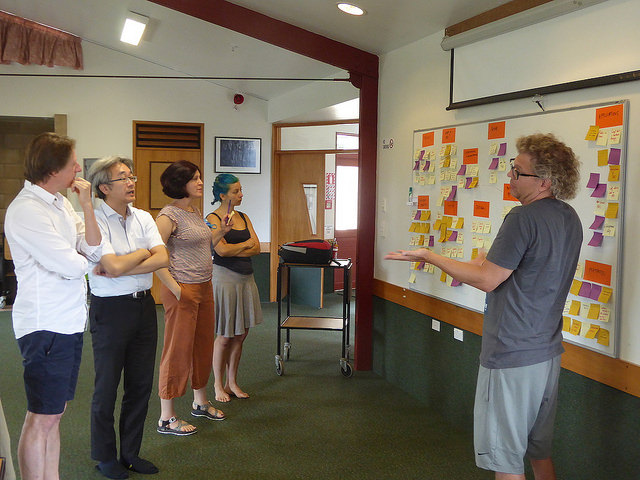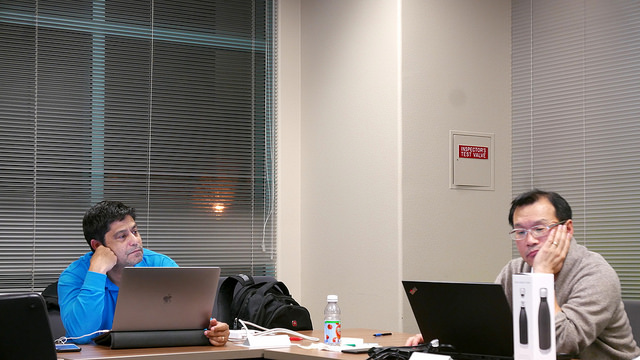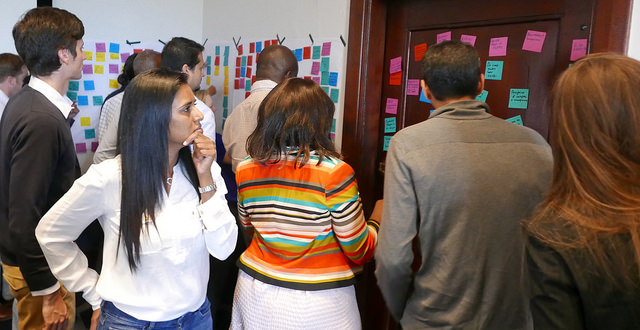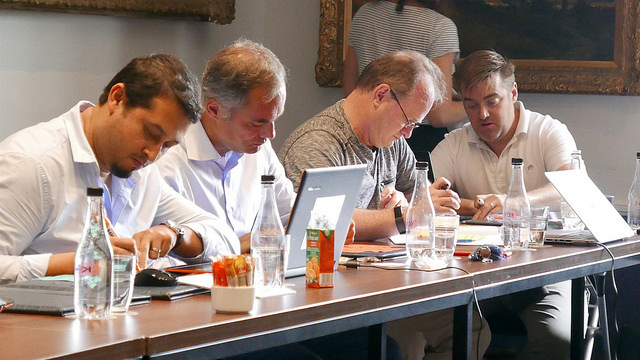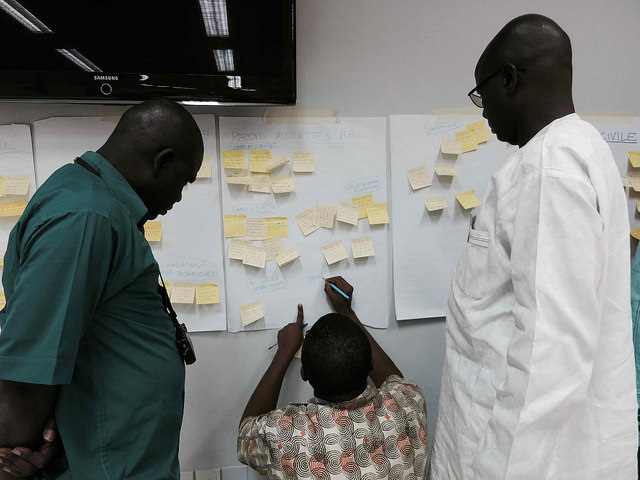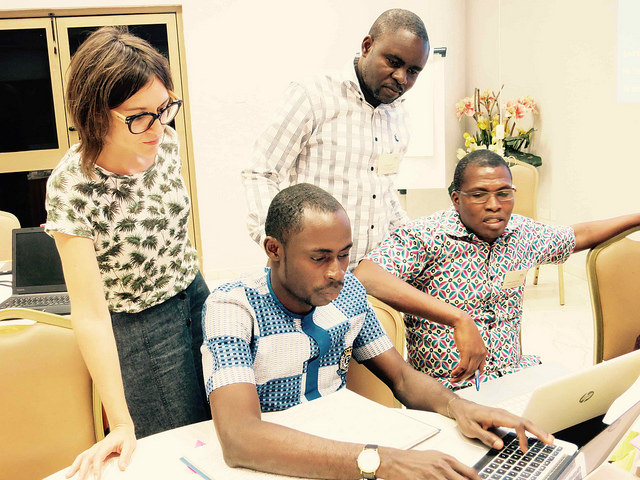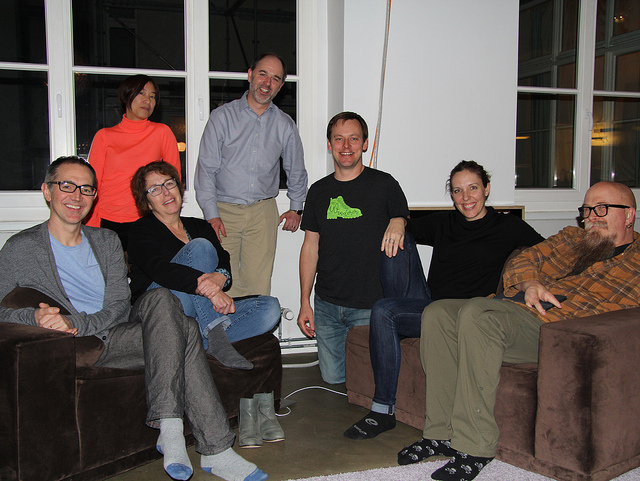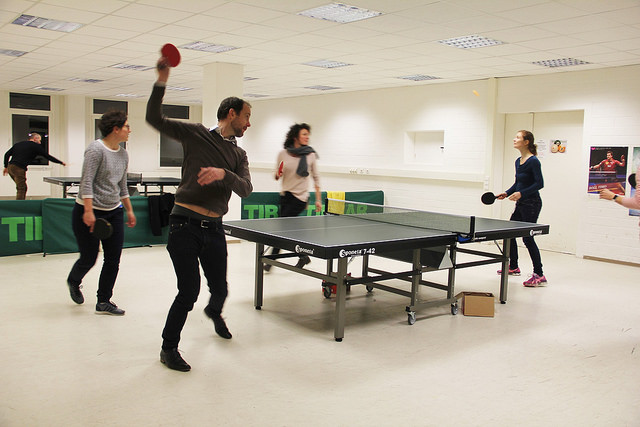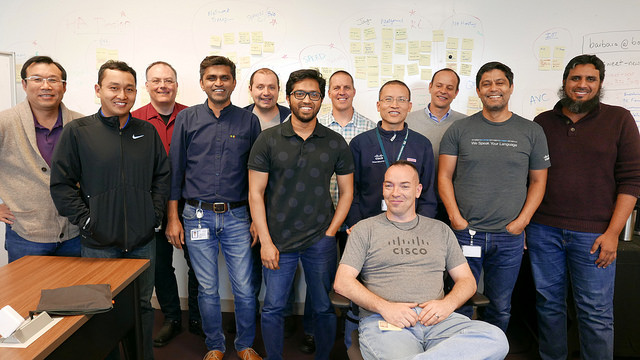10 years ago I started on a new adventure – I was trying to work out how to produce books fast. Along the way came numerous open source book production tools and platforms, and the Book Sprint methodology.
Now, for the first time, I crossed the line from facilitator to participant in a Book Sprint about the Coko PubSweet product. It was a cool experience… at first I thought I was going to be trouble since I have facilitated facilitators before and it’s no fun. When you facilitate facilitators they can all ‘see’ the process, or they think they can, and they try and scramble madly to get meta on it. They can’t just be subjects to it, they need to get above it and can’t help suggesting better ways to do things. Its a real pain.
So I was trying very hard to not be that and I think I did pretty well. I asked our facilitator (Barbara, CEO of Book Sprints) if I could or should do stuff, and I mostly did what she said 🙂 Mostly…but no more or less compliant than your typical participant…I was a little proud of myself for that. I didn’t want to be a Diva.
So, from the other side I noted a couple of things. First of all… Book Sprints are fun. Second… they are tiring… but actually, its more tiring to be a facilitator than a participant. Also, as a participant you can time out from time to time which helps recharge… there is no such luxury for a facilitator…
Other things… good facilitation appears from the outside like there is nothing going on… Barbara is an excellent facilitator, as are all the Book Sprint team…but we (I own the Book Sprint company) see people come out of a Book Sprint thinking they can do the next one themselves. It doesn’t actually happen very often but when it does it fails. What I can understand now a little better is why they think they can do it… it is because they just can’t see the process. They think the facilitator is just some friendly person pointing them in the right direction every now and then… but there is way more going on…. but I can see how they can think there isn’t.
Also, I had some nice bonding experiences. I didn’t expect it, but it happened. When you are tired and in a room working side by side with people for many hours, your defenses just evaporate and I found myself being way more open to letting people get to know me than I usually am.
Also, watching the book you are creating improve as you go is very satisfying. Especially when the illustrations and book design start to land… it’s very cool…
Lastly, there are four other issues that were big take aways… number one – in one session me and two others (Bogdan and Peter) spent an hour hammering out a problem. We essentially were tackling a similar problem from different directions and not quite able to understand each other. The result was that we all got a much clearer shared understanding and together developed a ‘new’ way of describing the problem… that was very exciting and the model we came up with is something I will continue to use. Two – the design process gave us a whole lot of icons that we will also continue to use. That was wholly unexpected and crazy rewarding. Three – books really matter. One of the things I wrote about in the book was something I have been working on for the last months (Workflow Sprints) but the book now instantiates it as ‘a thing’… thats soooo interesting….and Four – the chapters I wrote on Workflow Sprints were added to and edited by others and as a result the description of the process is miles better and I have a much clearer understanding of the process too…
So, it’s interesting to me that I have always witnessed these takeaways in other sprints but I was an outsider to ‘the value’. But being on the inside, these things loom large in my mind, and I feel, walking away from the Book Sprint, that the value I took with me was greater than that printed on the pages of the book…
